These reflections are a result of more than 40 years of ministry as a Roman Catholic priest. Most of these years I spent in the Diocese of Charlotte which covers Western North Carolina. Now I am retired, and live in Medellín, Colombia where I continue to serve as a priest in the Archdiocese of Medellín.
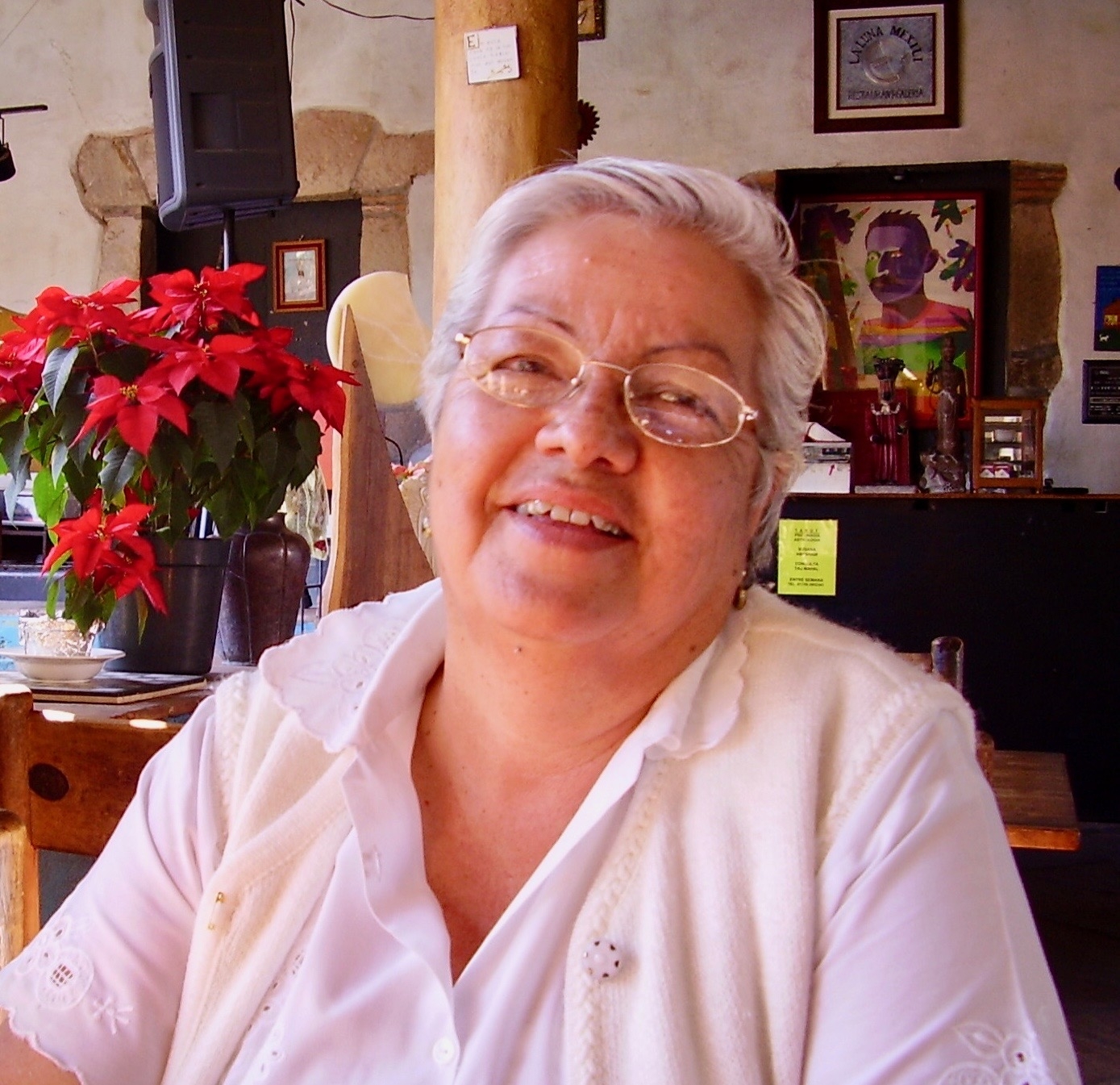
As it is written: What eye has not seen, and ear has not heard,
and what has not entered the human heart, what God has prepared for those who love him,
this God has revealed to us through the Spirit. (1 Cor 2:6-10)
https://bible.usccb.org/bible/readings/021223.cfm
We never know what God has in store for us. I am so grateful for my recent visit to the United States and for my safe return to Medellín, Colombia. Today is also the birthday of my Mexican Madrecita, Licha Cabrera (1939-2018). She would have been 84. Licha taught me to love the Mexican kitchen and Mexican culture. God was so good to bring us together in life. May she dance with the angels!
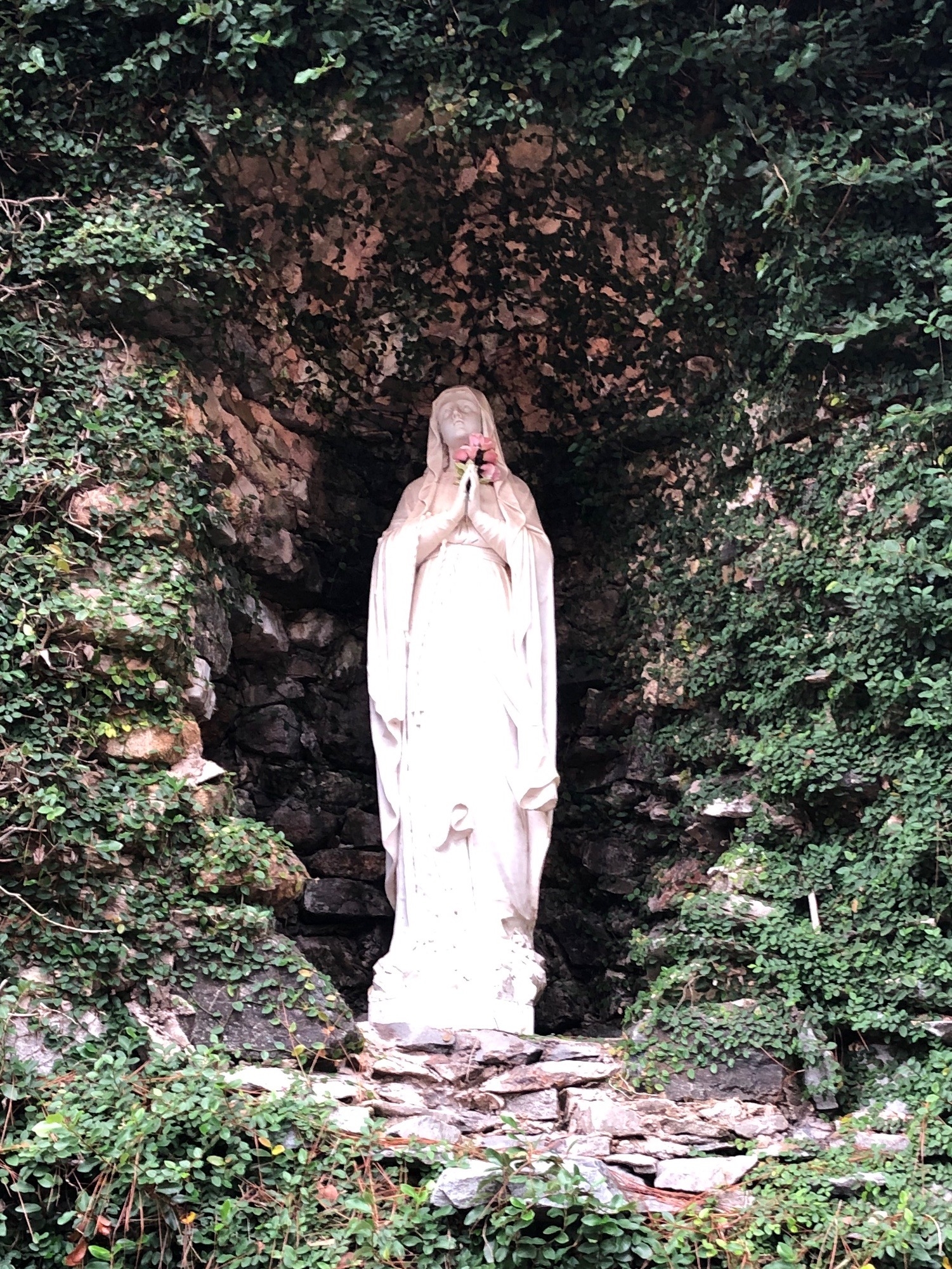
The LORD God therefore banished the man from the garden of Eden and stationed the cherubim and the fiery revolving sword, to guard the way to the tree of life. (Gen 3:9-24)
Jesus summoned the disciples and said, "My heart is moved with pity for the crowd who have nothing to eat. (Mk 8:1-10)
https://bible.usccb.org/bible/readings/021123.cfm
Guarding the way to the tree of life . . . but, now the way to the tree of life has been thrown open for everyone, and Jesus himself gives us the Bread of Life for all to eat and be satisfied. The message of Lourdes is that God is for the sick and the small.
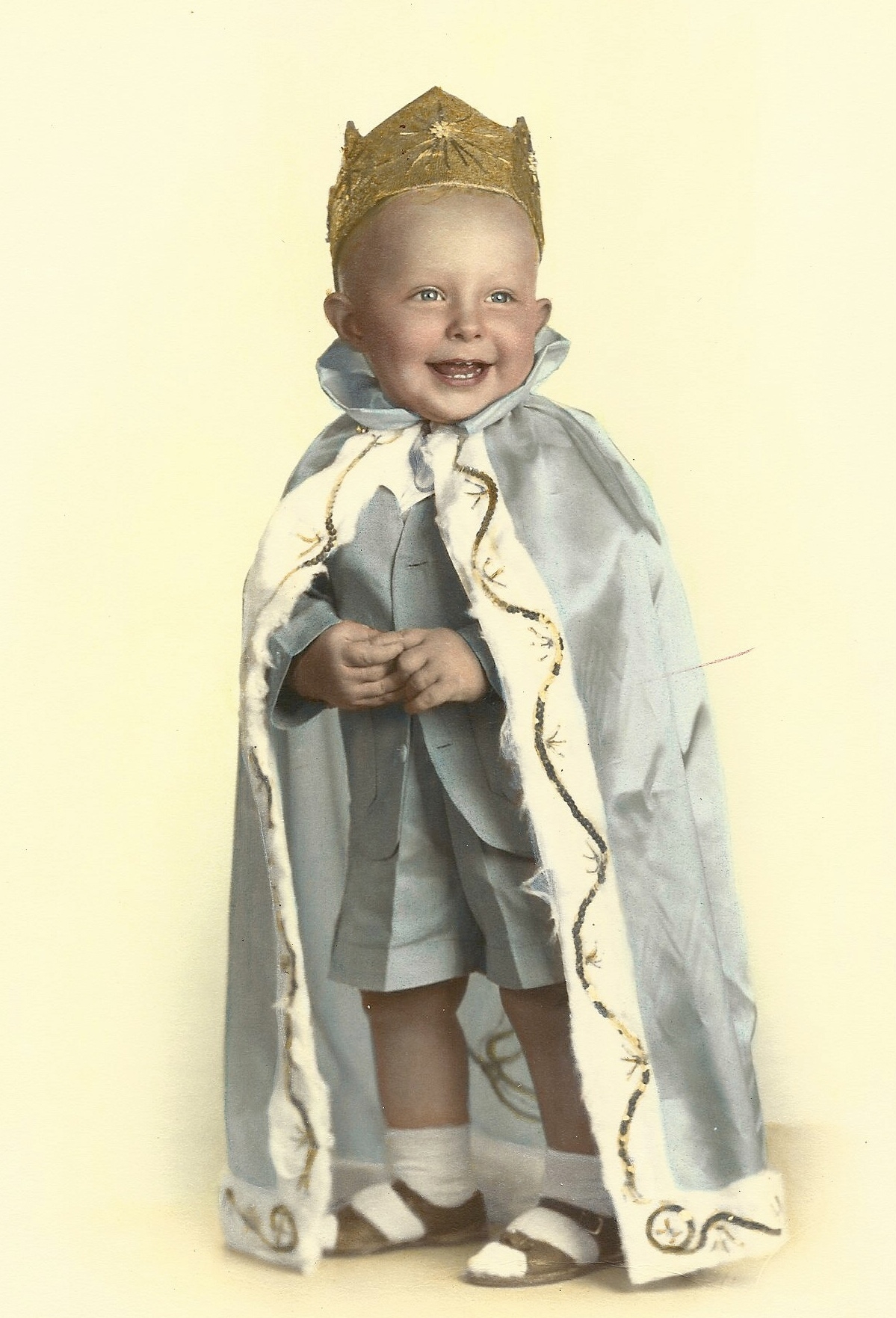
The Magi were overjoyed at seeing the star, and on entering the house they saw the child with Mary his mother. They prostrated themselves and did him homage. Then they opened their treasures and offered him gifts of gold, frankincense, and myrrh. (Mt 2:1-12)
https://bible.usccb.org/bible/readings/010823.cfm
Tomorrow, Monday, January 9, I leave for the United States and will return to Colombia on Thursday, February 9. I will be helping in Saint Eugene Parish in Asheville, NC. The Daily Reflection and the Flower Ministry will both be on vacation. Following today’s Mass, the Sunday Mass on Facebook will also be on vacation. Those interested may stream Sunday Mass with the Padre on YouTube from Saint Eugene Parish, Asheville, on January 15, 22, & 29 (https://youtube.com/@StEugeneChurch). Mass on Facebook will return on Sunday, February 12 at 3:00 pm Colombia time and 3:00 pm Eastern Time Zone in the USA. Today is also my birthday—and YOU are the best birthday present ever!
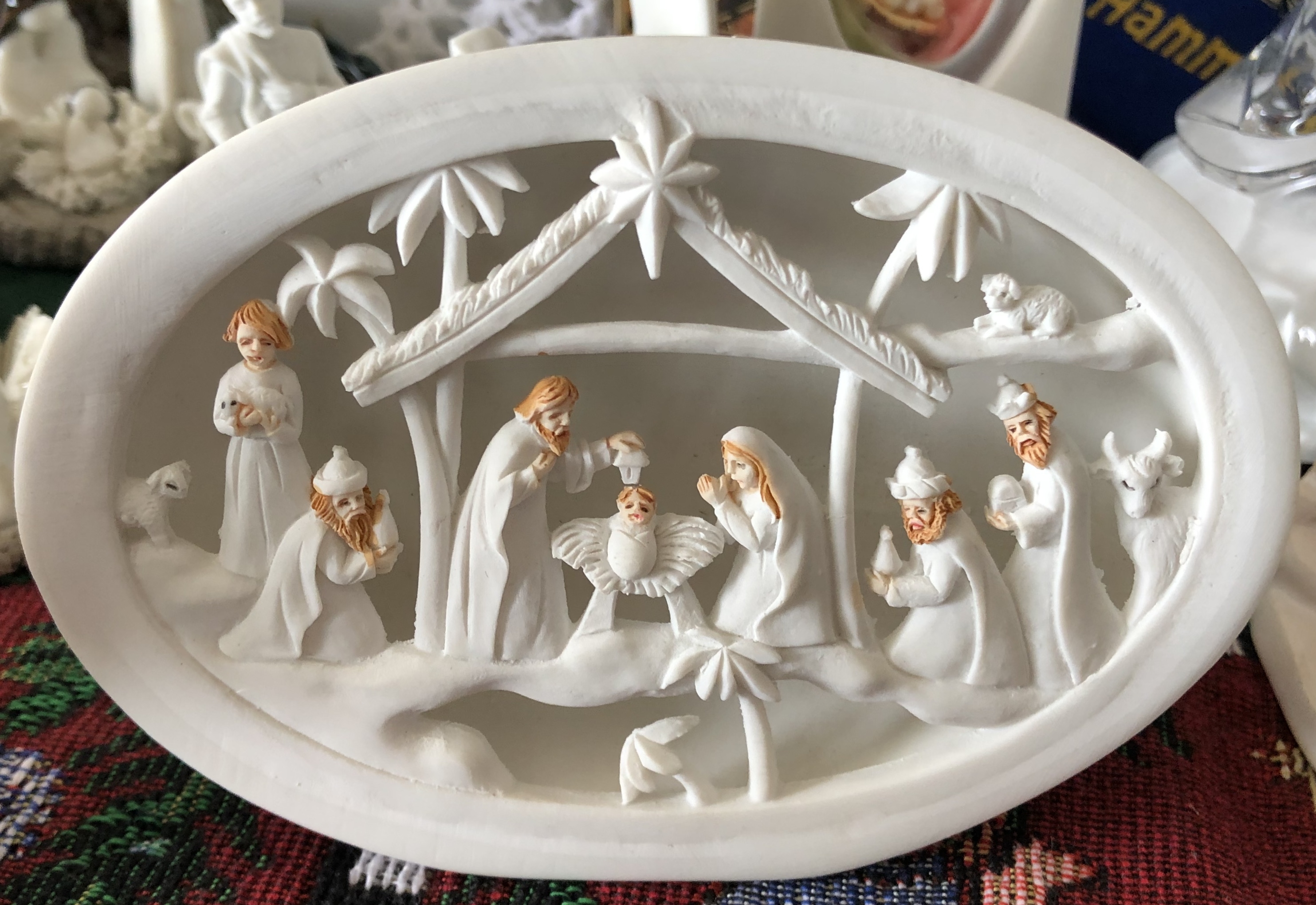
Responsorial Psalm (Psalm 149)
R. The Lord takes delight in his people.
Let them praise his name in the festive dance, let them sing praise to him with timbrel and harp.
For the LORD loves his people, and he adorns the lowly with victory.
R. The Lord takes delight in his people.
https://bible.usccb.org/bible/readings/010723.cfm
The human story, as well as our personal story, is often one of failure and disappointment. But over and above all, the human story and our personal story are the story of GRACE. The Bible tells us that God not only loves us but that God delights in us. Perhaps, the best response is to sing God’s praise with music and dancing and Christmas lights!
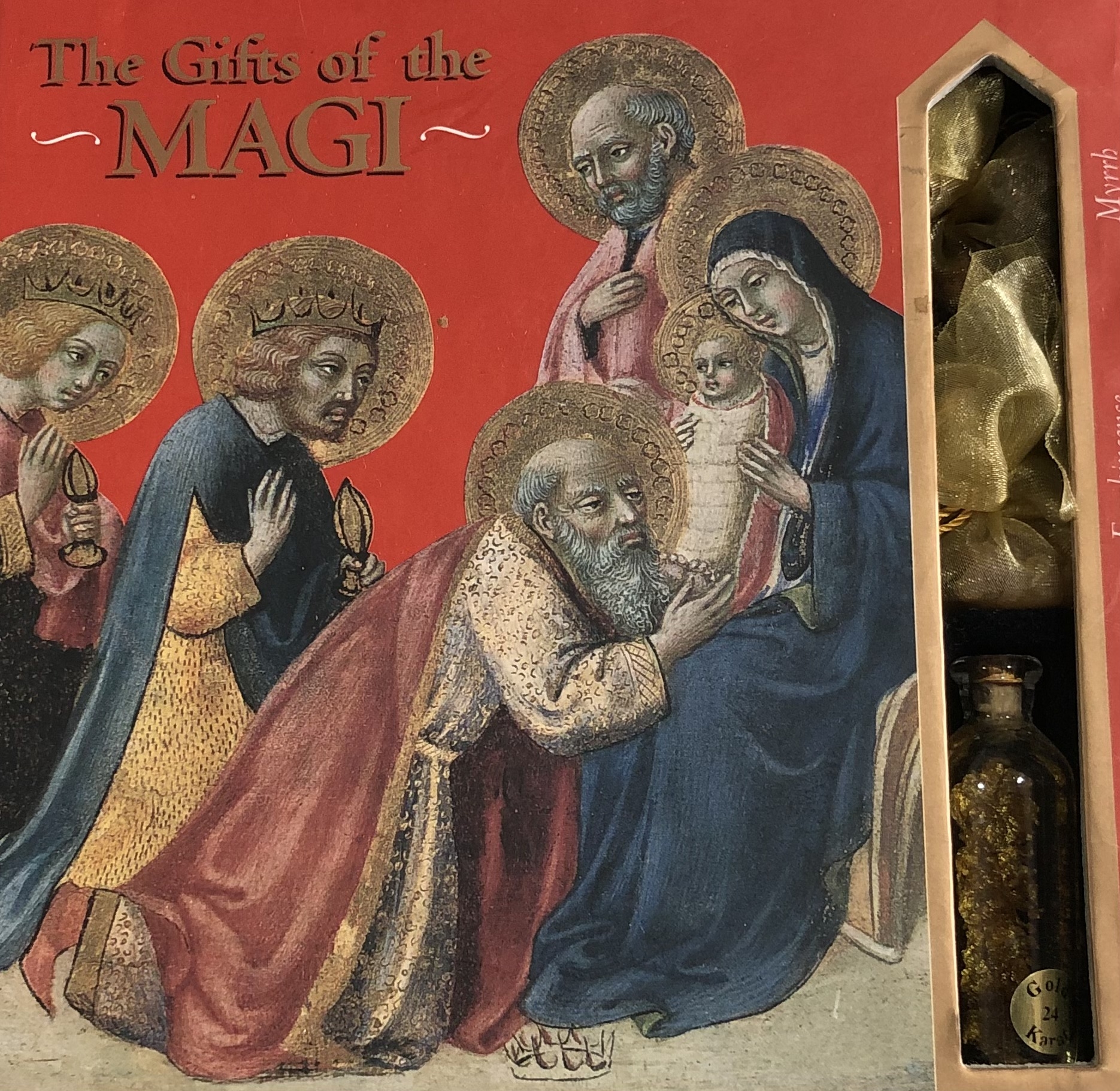
God gave us eternal life, and this life is in his Son. Whoever possesses the Son has life. (1 Jn 5:5-13)
https://bible.usccb.org/bible/readings/010623.cfm
According to the Letter of John, eternal life is not some inherent part of the human condition . . . rather it is God’s gift to us in Christ.



